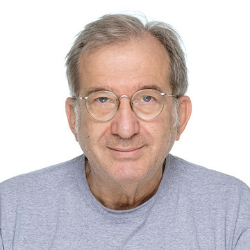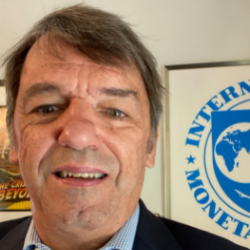Past Event
WTO 2.0: The Return (to Prominence) Through the JSI: The road to renewed policy relevance for the multilateral trading regime passes through a re-orientation of its legislative activity, and the manner in which it will engage with free-trade area
December 3, 2021
10:00 AM - 11:30 AM
Event time is displayed in your time zone.
Zoom Webinar




